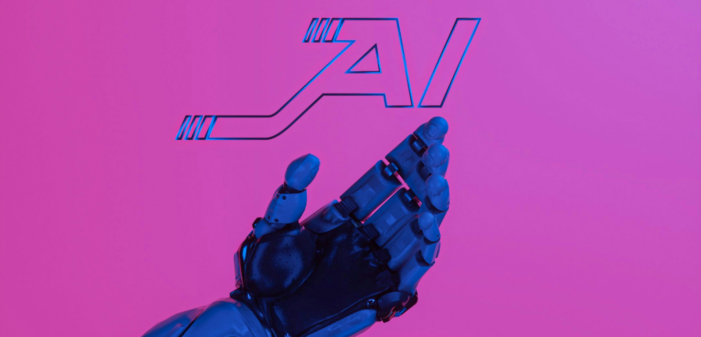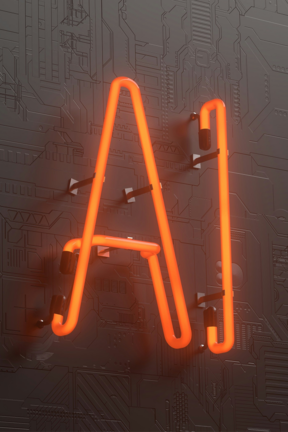
How to make better decisions in an AI-driven world: Key Take-Aways from the 4th session of the Learning Journey “AI in Philanthropy”
The 4th session of the six-month hands-on programme and Learning Journey “AI in Everyday Philanthropy”, organized together with our partners StiftungSchweiz and the University of Geneva, focused on “Better Decisions” with the aim to foster the understanding of potential benefits, but also risks of automated decision-making (ADM). Since most philanthropic organizations are today at the beginning of their own AI journey, it makes sense to aim for responsible AI from the very beginning. Thus, together with the participants of the AI learning journey, we started to develop principles and guidelines for responsible AI.
Is it the algorithm or is it me?
Automated decision-making (ADM) systems have become integral in our daily lives: Be it from recommendations for movies on netflix or music on spotify, automated face-detections in our smartphones, self-driving cars or support systems, algorithm-curated recommendations for our news feed or even love – the algorithm has increasingly a say in our lives. In more subtle ways, but also in more profound contexts, like healthcare diagnostics, job applications (e.g. HR software for the screening of applicants) and criminal justice (predictive policing). It goes so far that automated weapon systems deploy AI to identify and neutralize threats, raising concerns about accountability and the question whether machines should be able to make such far-reaching decisions.
Ethical Implications of Automated Decisions
Understanding and navigating these changes and implications is crucial as human-machine interactions continue to evolve. The ethical implications of ADM systems are multifaceted. Bias and discrimination (e.g. regarding gender, cultural background, nationalities etc.) are major concerns, as these systems can perpetuate and even amplify existing societal prejudices. For instance, biased training data can lead to unfair hiring practices or discriminatory policing. Questions of agency and accountability arise when decisions traditionally made by humans are delegated to machines. Who is responsible when an ADM system makes a harmful or erroneous decision? Is it the developer, the company using the system or the company selling it? Additionally, there is a risk of eroding human agency, as individuals might increasingly rely on automated systems, potentially diminishing their decision-making skills and autonomy. These ethical challenges necessitate first of all, awareness and more transparency.
Do Humans Make Better Decisions?
On the other hand, humans bring context, empathy, emotional intelligence and ethical reasoning to the decision-making table. However, human decisions are also prone to biases, errors, and inconsistencies. ADM systems excel in processing vast amounts of data quickly and identifying patterns, but they lack nuanced understanding and moral considerations. Therefore, a balanced approach, leveraging the strengths of both worlds is crucial for optimal decision-making.
Towards a Framework for Responsible AI in Philanthropy
Integrating ADMs into our decision-making processes should focus on enhancing human judgment rather than replacing it. In the philanthropic sector, ADM systems can, for example, optimize resource allocation, identify needs, and measure impact. As soon as organizations are implementing AI tools to simplify, enhance or make their processes and tasks easier, it is important to be aware of the ethical dimension mentioned above and to integrate certain principles into their operations upfront to avoid disruptive adjustments later. Ensuring responsible AI is not solely a technical issue, but foremost an organizational and leadership one and will become even more important in the future, also for compliance reasons. We are developing responsible AI guidelines for the philanthropic sector – stay tuned or discuss with us, send us your inputs and thoughts via our network “AI in Everyday Philanthropy”.
Additional resources
- The Human Error Project (Research Project @HSG)
- Harvard Business Review: «How to implement AI – Responsibly»
Tags


